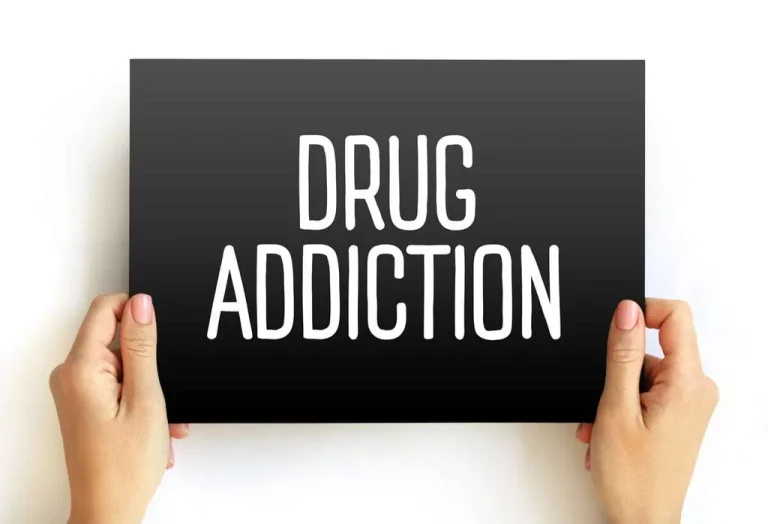
Drinking this amount or more is considered heavy drinking, even if you only drink on the weekends. Heavy drinking can also put you at risk for health problems such as heart disease, stroke, liver disease, sleep disturbances, and some types of cancer. The physical damage caused by alcohol addiction is arguably one of the most dangerous effects of alcohol abuse. Another myth about alcohol addiction is that drinking beer or wine is healthier than hard liquor.
Table of ContentsToggle Table of ContentToggle

About 64,000 people were killed from issues related to drugs in 2016. The reigning belief is that beer is a “softer” drink that can’t cause drunkenness as quickly as, say, shots of vodka. Switching to hard liquor after a few beers can make the feeling come on too =https://ecosoberhouse.com/ fast, usually resulting in vomit (or so the myth goes). Many people assume that once people with alcohol addictions get treatment, they’ll be able to drink occasionally with no consequences.
Common Misconceptions About Alcohol
By Buddy TBuddy T is a writer and founding member of the Online Al-Anon Outreach Committee with decades of experience writing about alcoholism. Because he is a member of a support group that stresses the importance of anonymity at the public level, he does not use his photograph or his real name on this website. But there are many misguided beliefs about alcohol and alcohol use, some of which can interfere with you or someone you love recognizing the warning signs of alcohol misuse and seeking help. By learning the facts about alcohol use, you can be better prepared to drink responsibly. The primary goal you can take from this article is that you shouldn’t trust every detail you hear about myths about alcoholism alcohol, even if I didn’t talk about all of the alcohol myths.

Myth #9: Drinking is not a real addiction like drug abuse

Alcohol use disorder is a medical condition that cannot be overcome with willpower alone. However, willpower can be a strong tool for those in recovery from substance use disorder. Dr. Kling recommends that people going through menopause limit alcohol to one drink a day or less, in addition to eating a balanced diet and exercising regularly.

With the right support, professional help, and guidance a person can reach sobriety. Seeking professional alcoholism treatment can drastically increase a person’s Alcoholics Anonymous chance of recovery and can be a great help for relapse prevention after treatment. There are many alcohol and addiction resources available to help a person reach sobriety. There are many myths about alcoholism and reaching sobriety with the right help is not one of them. Sometimes there is a misconception that someone who can “hold their liquor” and doesn’t show signs of being intoxicated after drinking is at a lower risk for alcohol addiction. If someone can consume large amounts of alcohol without showing signs of impairment, they have probably developed a high tolerance for alcohol.
